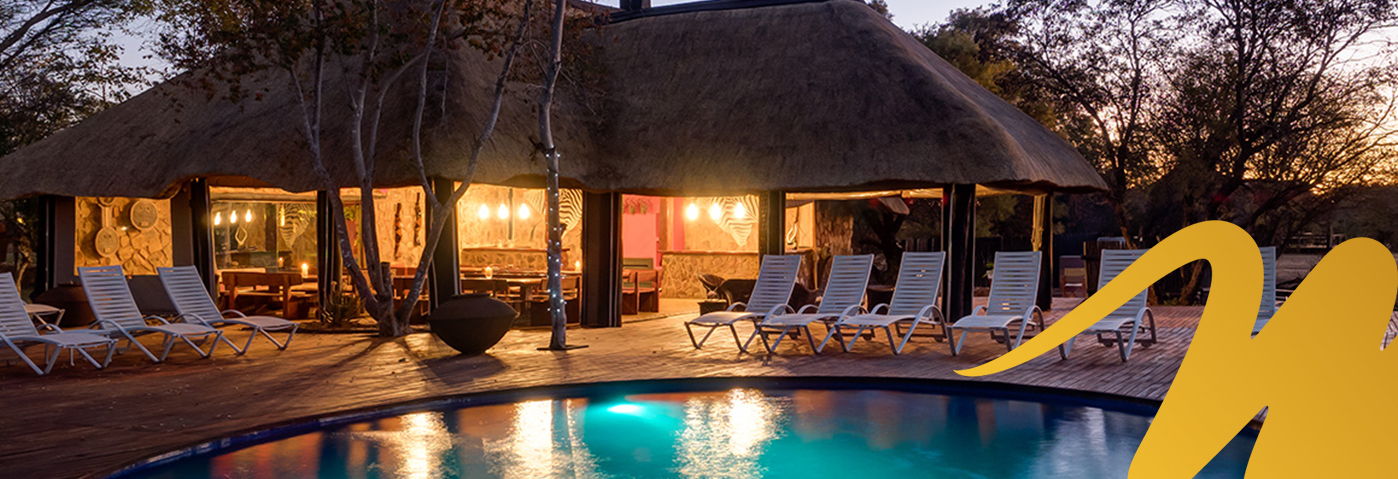“Sustainability” is the word on everybody’s lips these days, and not without reason.
Far from being just another passing online trend, sustainability – or the lack thereof – is having a direct impact on tourism to South Africa. Just consider the past year, when the drought crisis almost brought Cape Town’s tourism industry to its knees. According to data released at the African Leaders’ Forum, Cape Town lost between 15% and 20% of expected tourist arrivals because of the drought concerns.
At the same time, the drought crisis allowed South Africa to shine and be recognised as the gold standard of sustainability in action, while Cape Town is recognised internationally as being at the forefront of innovation when it comes to sustainability.
This is a positive and powerful development for the tourism industry, as a vast majority of global travellers (87%) indicate that they want to travel sustainably, as reflected in the Sustainable Travel Report recently released by Booking.com.
Although ‘sustainable travel’ is a subjective term that has different connotations for different people, almost half of travellers (46% according to Booking.com) associate sustainable travel with eco-friendly or ‘green’ accommodation.
The top reasons that travellers provided for choosing eco-friendly places to rest their heads were to help reduce environmental impact (40%), to have a locally relevant experience (34%) and wanting to feel good about an accommodation choice (33%).
How can the hospitality industry innovate to increase sustainability?
Lots of innovation has been around enhancing sustainability in the hospitality sector. At Dreams Hotels & Resorts (DHR), our sustainability journey really took off in 2013, where we saw an opportunity to be industry leaders and not late adopters, following extensive research.
Since 2018, DHR has successfully introduced an ECO grading system across all the properties in our portfolio. We recognised that our resorts were all located in eco-sensitive areas, therefore we made a strategic decision to ensure that we keep our impact on the environment to a minimum.
We also appointed environmental expert consultants, Energy Resource Optimisers (ERO), to develop a Sustainable Environmental Management Programme (SEMP). In practical terms, the SEMP is based on a ‘PLAN – DO – CHECK – ACT’ model.
The SEMP programme has two pillars: a facility programme and an organisational programme. The facility programme deals with everything physical such as water heaters, lighting, laundry equipment, etc., with the aim to move to the most efficient equipment over time. The organisational programme, meanwhile, addresses the group’s policies, procedures and operations.
Not only is the programme saving the environment, but it has also delivered cost savings for our group. In the first two years, savings exceeded 10%, we saw a reduction in our food costs due to limited food waste and our chefs are conscious of food waste, which is now monitored.
Today, all DHR resorts have energy baselines and are monitoring their consumption against occupancy every month. Since most facilities utilise boreholes for water, the group has installed water meters to get an understanding of water consumption and costs. Dream Hotels & Resorts has set a target of 200 litres per bed night sold by 2020.
Regarding waste management, we are currently assessing the volume and type of waste our properties produce, aiming to reduce water to landfill by 30% by 2020. Six monthly assessments are carried out at each location to an innovative scorecard to monitor progress.
Sustainability can be a revenue generator (filling beds by being eco-friendly) but, overall, it is also the right thing to do in the 21st century.



